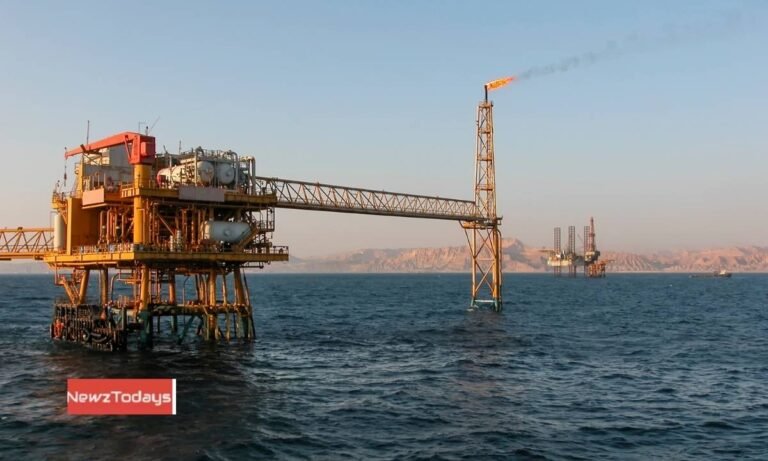The arrival of the second US crude oil cargo at Cnergyico’s Single Point Mooring (SPM) marks another milestone in Pakistan’s energy and industrial journey.
Commissioned in 2012 with an investment of USD 120 million, the SPM was an ambitious project that faced skepticism from many industry observers, particularly within the public sector. Yet, through determination and private-sector leadership, Cnergyico’s shareholders and management turned that vision into reality.
Since its commissioning, over 150 million barrels of crude oil have been imported through Cnergyico’s SPM. It remains Pakistan’s only facility capable of receiving large vessels such as Suezmax and VLCC tankers, underscoring the company’s pioneering role in strengthening the country’s energy infrastructure.
Read More: Cnergyico Receives Pakistan’s First US Crude Oil Cargo
This success exemplifies what the private sector can achieve without reliance on government support when vision, efficiency, and long-term commitment align.
Private Sector Resilience Amid Global Trade Shifts
When the United States imposed global tariffs, Pakistan faced a pressing challenge: a trade imbalance exceeding USD 3 billion.
The government sought to address this by boosting exports and exploring opportunities for energy imports. While the US administration extended relatively low tariff rates for Pakistan, the burden to balance trade still fell largely on the private sector.
Pakistani exporters responded by expanding market reach, while energy imports, a crucial component of trade realignment were once again spearheaded by the private sector. Cnergyico’s initiative to import US crude oil independently is a case in point, demonstrating that national resilience often begins with private enterprise rather than bureaucracy.
Policy Support and the Role of SIFC
In recent years, Pakistan’s refining industry has faced uncertainty, particularly around the brownfield refinery policy.
This policy vacuum created operational and investment hurdles for local refineries. The establishment of the Special Investment Facilitation Council (SIFC) changed that dynamic by introducing coordination, policy clarity, and a focus on removing bureaucratic bottlenecks.
Recognizing refineries as strategic national assets, the SIFC, along with the current Minister for Petroleum, took concrete steps to stabilize and support the sector.
This proactive approach has been critical, especially amid regional tensions and shifting global energy dynamics. This refinery upgrade initiative will not only save forex but will also bring investment of over USD 6 billion the sector. Though the policy related
Private Sector: The Nation’s Silent Backbone
Time and again, Pakistan’s private sector has delivered where the public sector hesitates. From Cnergyico’s SPM to exporters, manufacturers, and IT firms, private enterprises continue to expand capacity, replace imports, and earn foreign exchange often in an environment where institutions like the FBR and other regulators treat them with hostility rather than support.
Yet despite these challenges, the private sector remains the true engine of national progress by investing, innovating, and sustaining the economy when bureaucracy stands still. The arrival of the second US crude oil cargo at Cnergyico’s SPM is a reminder that Pakistan moves forward not through policies and promises, but through the persistence of its private sector.





